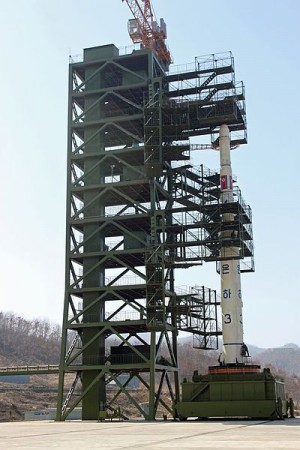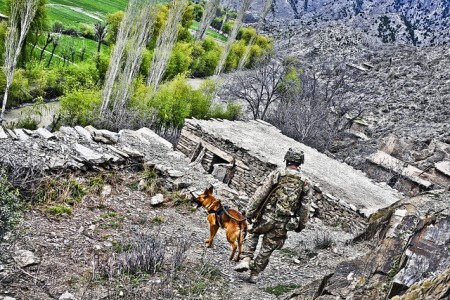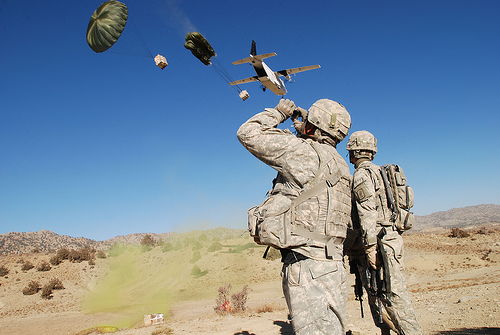
TOKYO – At 7:39 a.m. on April 13, North Korea fired a missile (which it called a satellite launch) in the face of opposition from almost the entire international community. In a perverse way, the world got its way, because the vehicle exploded a minute after takeoff, its debris falling harmlessly into the sea.
North Korea typically goes silent after such episodes: “failure” does not exist in its political lexicon, so it cannot be reported or discussed. The country’s media routinely meets any failure with outpourings of patriotic music and bombastic praise for the regime.
But this time was different. Behind the scenes in North Korea, failure does have consequences. In the coming weeks, we will most likely learn of a purge of those responsible. Indeed, the engineers and scientists involved in the launch probably put their lives on the line.
Moreover, North Korea could not deny failure this time, because the regime invited international media to attend the event – even allowing foreign reporters into the mission-control room – in order to legitimize it as a “satellite” launch and not a weapons test. The “failure” could not be concealed, so it was quickly admitted.


